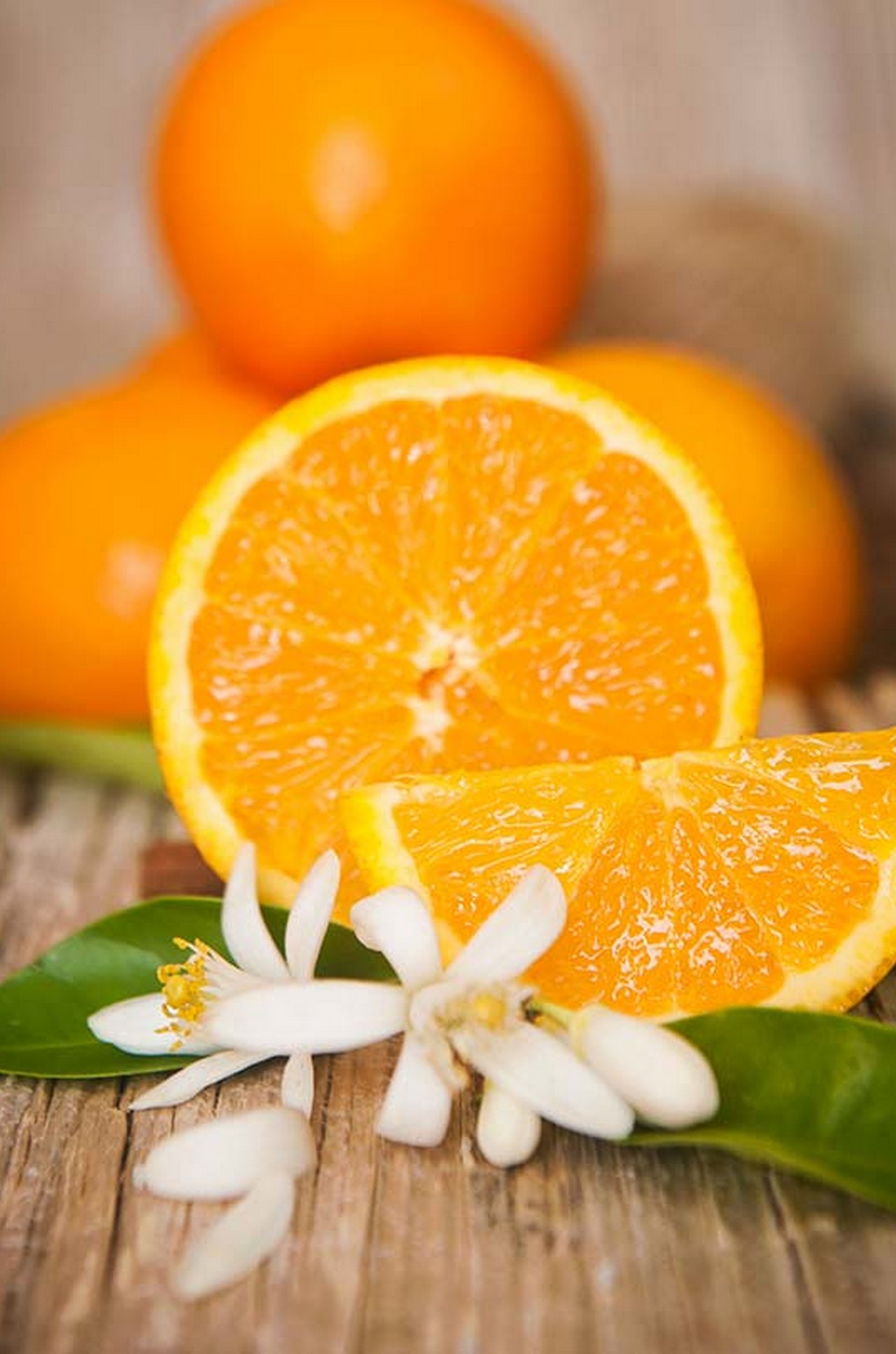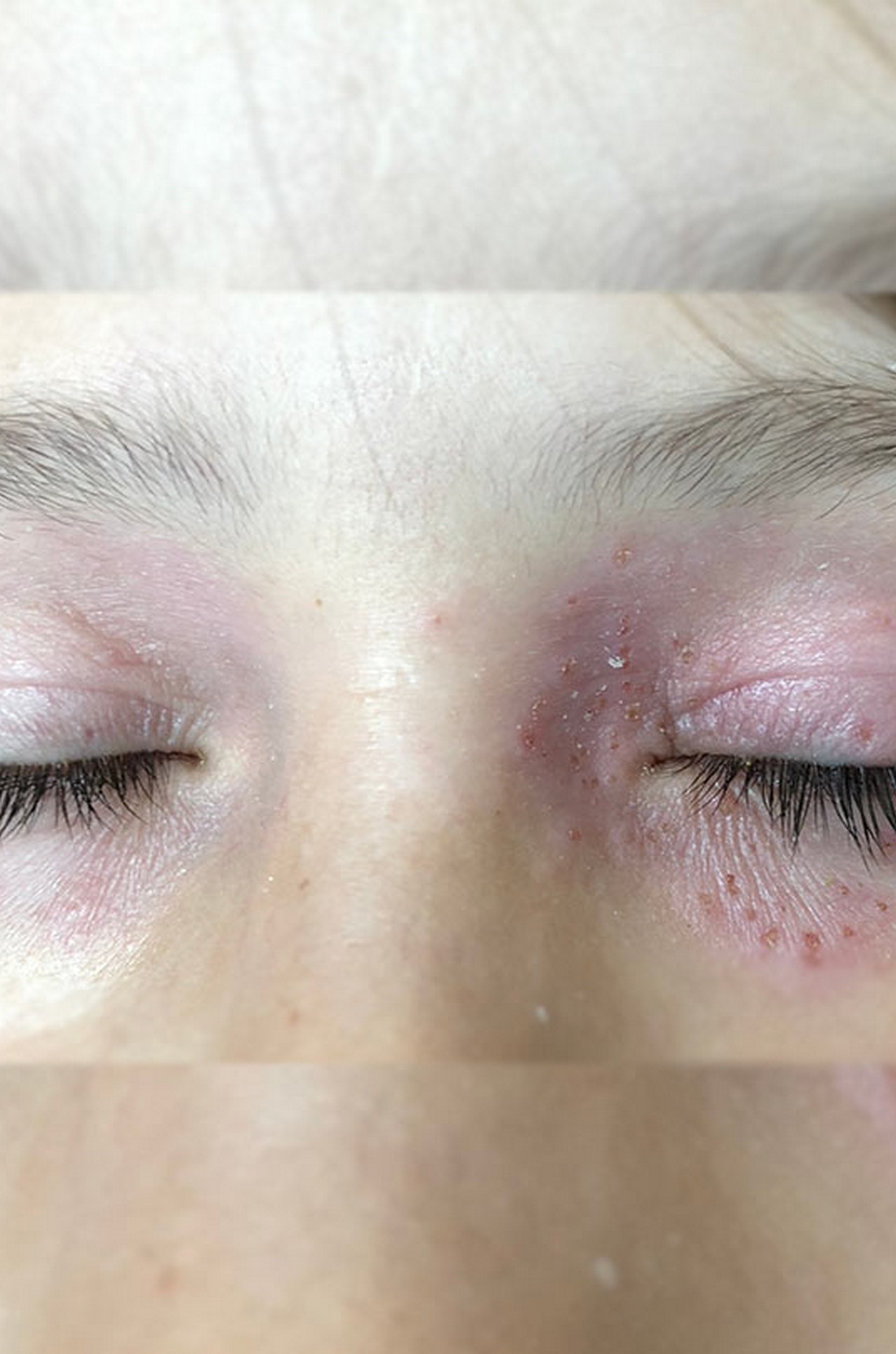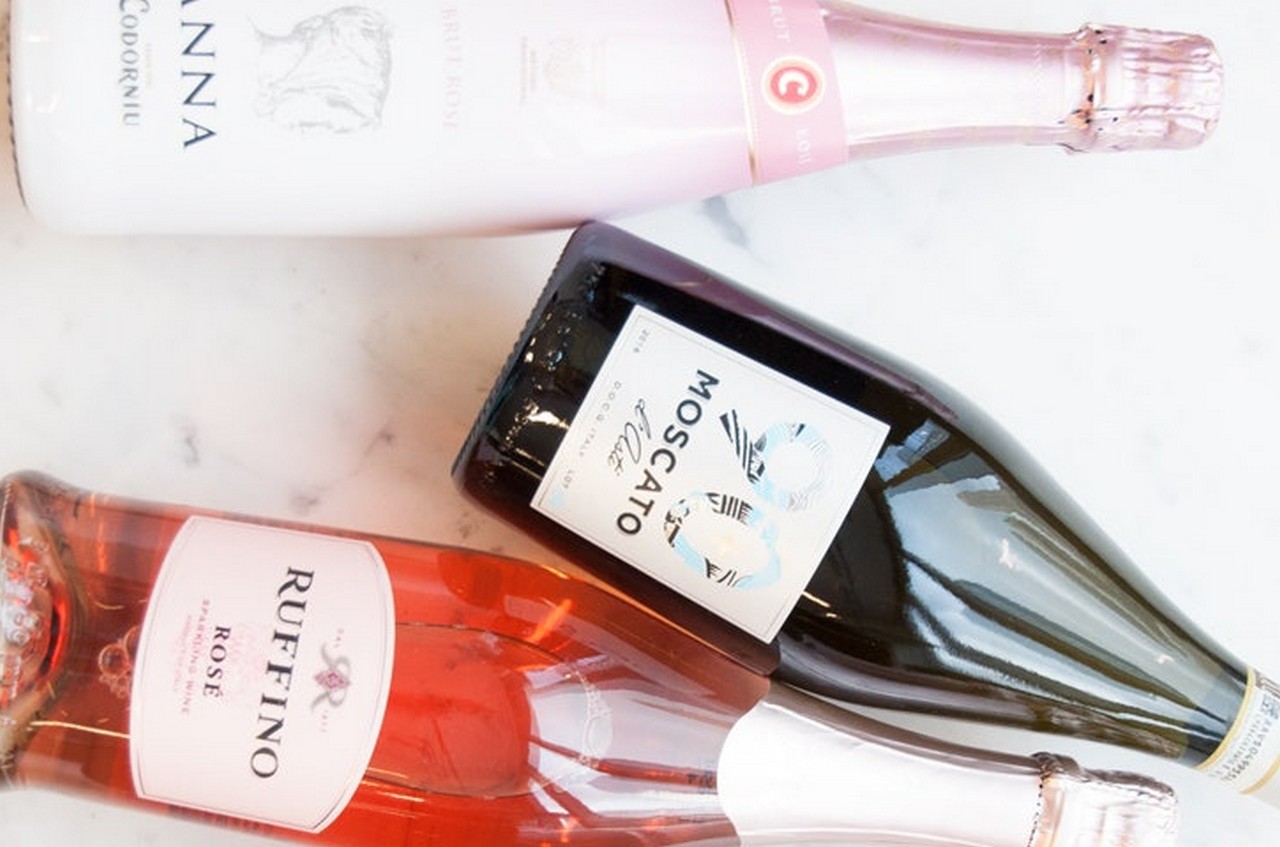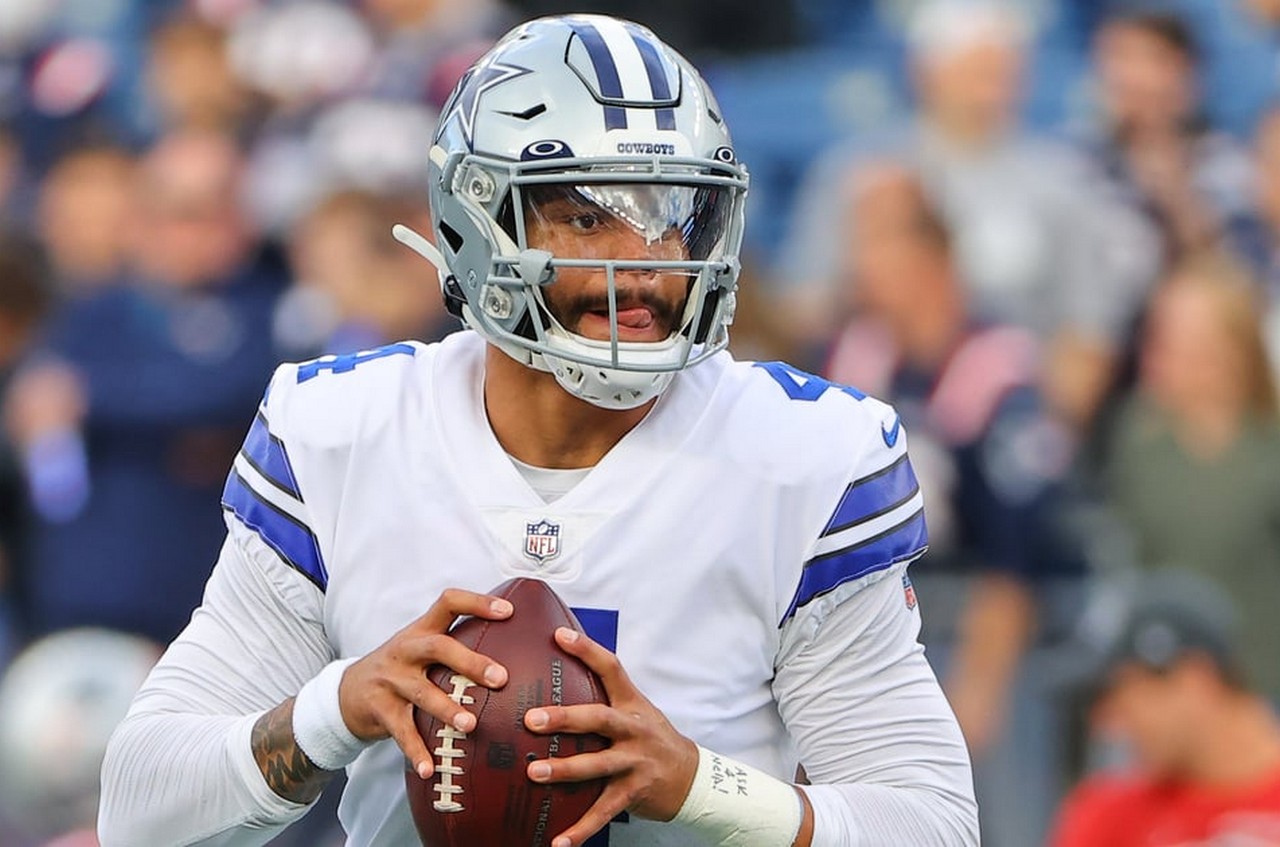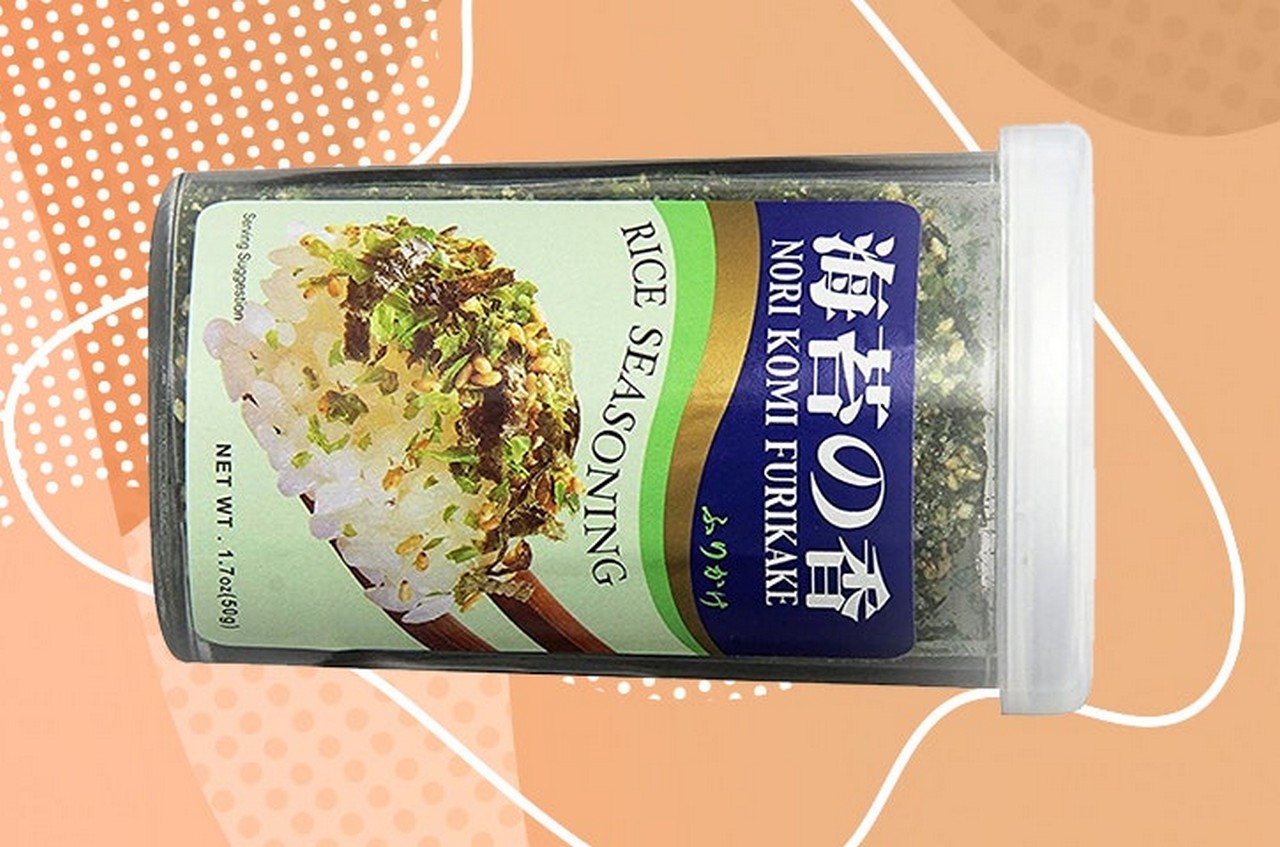
Fatty liver disease is caused by the deposition of extra fat in the liver. Therefore, a fatty liver diet that includes foods promoting liver health can greatly help. The causes of fatty liver disease are many. These include alcohol abuse, sedentary lifestyle, or genetics (1). The mortality rate from liver disease and cirrhosis has increased by 31% as per the Centre for Disease Control and Prevention (especially between 45 and 64 years of age) (2).
The major symptoms of any liver disease include bloating, sudden weight loss, premature graying of hair, indigestion, and bad breath (3), (4), (5). But in many cases, the symptoms don’t show even if the disease is at an advanced stage. Hence, you should pay attention to your diet and physical activity to protect yourself from liver disease. From the article below, you will learn about the foods best for promoting liver health and the bodily functions that could be affected if one has fatty liver. Scroll down!
In This Article
How Does Fatty Liver Affect The Liver?
Shutterstock
Fatty liver can disrupt the main function of the liver, which is to remove toxins from your body. The liver is the second largest organ, and it filters the blood and metabolizes drugs and other chemicals. However, excess alcohol consumption and medical conditions like diabetes type 2, insulin resistance, genetic disease, and a sedentary lifestyle can prevent the body from metabolizing the glucose properly. In turn, excess glucose can be stored in the liver as fat.
There are two types of fatty liver:
- Alcoholic fatty liver – Due to overconsumption of alcohol
- Non-alcoholic fatty liver – Due to genes, a metabolic disorder, and/or a sedentary lifestyle. This is commonly known as NAFLD (Non-Alcoholic Fatty Liver Disease). NASH or Non-Alcoholic Steatohepatitis is a form of NAFLD that is caused when overaccumulation of fat causes inflammation, leading to liver damage if not treated on time.
Stylecraze TriviaWorld Liver Day is observed on 19th April to raise awareness about liver diseases.
If you do not make an immediate change to your diet and start being active, your liver may develop cirrhosis, cancer, or liver disease. Here is a list of foods to eat and avoid to improve the condition of your liver. Take a look.
11 Foods To Consume To Treat Fatty Liver
1. Fish
Shutterstock
Fatty fish are loaded with omega-3 fatty acids that help reduce inflammation and induce weight loss by restoring the ratio of omega-3 to omega-6 to normal levels. Scientists have proved that consuming fish rich in omega-3 fatty acidsi XA family of healthy fats important to lower risks of heart disease, anxiety and improve eye and brain health. can help reduce the fat in the liver. It is a great way to treat NAFLD and NASH (6).
Consume wild-caught salmon, mackerel, silver carp, and hilsa to lose weight and excess fat in the liver and, in turn, help reduce stress in the body.
2. Olive Oil
Olive oil improves the blood lipid profilei XMeasures the level of cholesterol and other fats in the body to help predict the risk of heart diseases and stroke. , boosts glucose metabolism, and increases glucose sensitivity. Olive oil is a great source of monounsaturated fatty acids that help patients with NAFLD improve their condition (7).
Consume 4-5 tablespoons of olive oil per day. Use it to make “slim” salad dressings, roast, bake, and make stir-fried veggies.
3. Avocado
Shutterstock
This buttery and mild-flavored fruit is loaded with monounsaturated fatty acids (MUFAs). MUFAs help reduce inflammation and inflammation-induced weight gain, decrease bad cholesterol (LDL) levels and triglycerides in the blood, and increase good cholesterol (HDL cholesterol) (8). Hence, avocados are great for weight loss (9). And when you lose weight overall, the fat on the liver also reduces.
Related: 5 Benefits Of Avocado Oil For Skin, How To Use, And Warnings
4. Walnut
Scientific research has proven that walnuts are great sources of antioxidants and healthy fats. They help decrease hepatic triglyceridesi XFatty acids or triglycerides are metabolized in the liver, the accumulation of which causes non-alcoholic fatty liver disease. , reduce inflammation, and increase insulin sensitivity (10). In another study by French scientists, walnuts helped reduce hepatic fat accumulation (11).
Consume walnuts on a regular basis by adding them to your breakfast smoothies or oatmeal bowl.
Related: 20 Health Benefits Of Walnuts, Side Effects, & Cooking Tips
5. Tofu
Shutterstock
Tofu is a good source of protein and antioxidants. Scientists evaluated its hepatoprotective properties and found that regular consumption of tofu decreased bad cholesterol levels, reduced weight, and increased total protein and albumin concentrationsi XA protein made by the liver which in low level is a result of kidney or liver disease and high level is a result of dehydration. (12).
Consume tofu for lunch or dinner by grilling it or tossing a few cubes in your salad bowl.
6. Vegetables And Fruits
Consuming veggies and fruits on a daily basis can help reduce your fat percentage, which will ultimately lead to the reduction of fat in the liver. Consume a variety of colorful veggies and fruits each day so that you can reap the health benefits from the different kinds of nutrients found in each food.
Also, make sure you consume four servings of five different veggies and three servings of three different fruits every day. In a short period of time, you can lose some weight, and your liver can also start recovering (13).
7. Green Tea
Shutterstock
Green tea is one of the best beverages for weight loss. This refreshing tea is a storehouse of antioxidants that help reduce hepatic inflammation, induce reduction of fat in the liver, and decrease the levels of liver enzymes present in patients with NAFLD (14), (15).
Consume 3-4 cups of green tea per day to help get rid of the excess fat.
Related: 13 Amazing Benefits Of Green Tea And Its Side Effects
8. Garlic
Garlic is a superfood. The compound allicin in garlic is a potent antioxidant and can protect you from various diseases, including alcoholic and non-alcoholic fatty liver. It works by reducing inflammation, flushing out toxins, and reducing fat mass in the body (16), (17).
It is best to consume one clove of raw garlic in the morning. Or, if you prefer, you can add garlic to soups, salad dressings, and stir-fries.
9. Sunflower Seeds
Shutterstock
Sunflower seeds are loaded with MUFAs or monounsaturated fatty acids. Also, they are great sources of dietary fiber and copper. Research shows that consuming sunflower seeds could help reduce oxidative stressi XAn imbalance between free oxygen radicals and the body’s ability to remove them, causing inflammation and long-term illnesses. and treat NAFLD (18).
Add sunflower seeds to smoothies or breakfast bowls or consume a handful of them before or after working out.
10. Oats
Oatmeal is a popular weight loss food as it is a great source of dietary fiber and omega-3 fatty acids. Consuming oatmeal regularly can help you lose the excess fat, in turn, helping to revert NAFLD (19).
Prepare oatmeal with milk and add honey or a pinch of salt (yes, it tastes good) instead of sugar. Add some berries and nuts to keep you full for a long duration and energize you. You can also prepare vegetable oats with carrot, broccoli, and mushrooms and have it for lunch or dinner.
11. Broccoli
Shutterstock
Broccoli is an antioxidant-rich cruciferous vegetable that is “loved” by all (wink). Jokes aside, consuming broccoli on a regular basis can help reduce body fat and flush out toxins. Scientists found that broccoli helped lower hepatic triglyceridesi XType of fat found in the blood that occurs when the body converts calories that it does not require immediately into waxy fats. and hepatic macrophagesi XWhite blood cells that help in the repair mechanism during a progressing liver disease by removing pathogens and dead cells. , thereby protecting liver health (20).
Consume a small cup of blanched or grilled broccoli for lunch or dinner to help prevent further deterioration of fatty liver.
These are the top 11 foods that will protect your liver. You must also be aware of the foods you should avoid to prevent fatty liver. Here’s the list of foods you should not consume for optimal liver health.
7 Foods To Avoid To Treat Fatty Liver
Shutterstock
1. Alcohol
Overconsumption of alcohol leads to hepatic steatosisi XAn increased buildup of fat in the liver. It is also known as fatty liver disease. , which can lead to cirrhosis and cancer. The first thing that you must do is limit your alcohol consumption. If you have been diagnosed with fatty liver, you must abandon your alcohol habits immediately and stay alcohol-free for at least three weeks.
Did You Know?Those who consume 30 to 50 g of alcohol a day for more than five years are at a risk of alcoholic liver disease (21).
2. Sugar
Sugar can be very addictive and, in turn, can contribute to weight gain and insulin resistance. Also, when you don’t change your diet, it can lead to NAFLD. Therefore, it is best to limit or avoid the consumption of refined sugar. Instead, use a natural sweetener like honey since it contains trace amounts of antioxidants and raises blood sugar levels less quickly than sugar.
3. White Bread
White bread is a high glycemic index food, and is digested quickly. That’s why it is so easy to overconsume white bread without even realizing it. The end result? Fat accumulation in various parts of the body. If not kept in check, it can lead to fatty liver. Consume whole grain, homemade bread instead of store-bought, white bread.
4. Red Meat
Consuming excessive amounts of red meat can put your cardiovascular health at risk because it is high in saturated fat and can lead to an increase in triglycerides and LDL cholesterol.
5. Trans Fats
Trans fats are present in many fried foods, biscuits, and crackers. Overconsumption of these foods can lead to obesity, diabetes, and NAFLD.
6. Soda
Soda is loaded with sugar. The more sugar you consume, the more you are at the risk of being obese and developing fatty liver. Therefore, stop consuming soda (including diet soda) and drink healthier, lower sugar beverages like coconut water, water, green tea, lemon-infused water, or black coffee instead.
7. Salt
Excess salt can cause water retention in the body that can hinder glucose metabolism, leading to obesity, diabetes, and fatty liver. Therefore, use minimum amounts of salt in your food to protect your liver.
It’s easy to see that eating healthy is the ONLY way to prevent fatty liver and protect your liver from further deterioration. If you are struggling to follow a healthy eating schedule, here’s a diet chart for you.
Sample Fatty Liver Diet Plan
| Meal | What To Consume |
|---|---|
| Early Morning
(6:00 -7:00 a.m.) |
1 cup warm water with juice of half a lime + 1 clove of garlic |
| Breakfast
(6:45 – 7:45 a.m.) |
½ avocado on one slice of whole grain bread toast + 1 cup black coffee/green tea |
| Mid-Morning
(10:30 a.m.) |
1 banana |
| Lunch
(12:30 – 1:00 p.m.) |
Grilled tofu salad + 1 cup coconut water |
| Snack
(3:00 p.m.) |
1 cup green tea + 1/2 cup boiled Bengal gram |
| Dinner
(6:30 p.m.) |
Poached salmon and grilled veggies |
This diet will give you the following benefits.
Benefits Of Fatty Liver Diet
- Helps you lose weight.
- Protects you from diabetes.
- Lowers LDL cholesterol.
- Keeps you energized and active all day long.
- Improves liver function.
The fatty liver diet consists of foods that are rich in antioxidants, omega-3 fatty acids, and monounsaturated fatty acids. The foods listed above help reduce bad cholesterol and triglyceride levels in the blood besides reducing fat in the liver and inflammation. They also help reduce overall fat mass and lead to effective weight loss. While you are on the fatty liver diet, make sure you avoid consuming trans fats, white bread, red meat, soda, sugar, and alcohol to prevent fat accumulation in the liver. To be on the safe side, consult a doctor before going on this diet.


